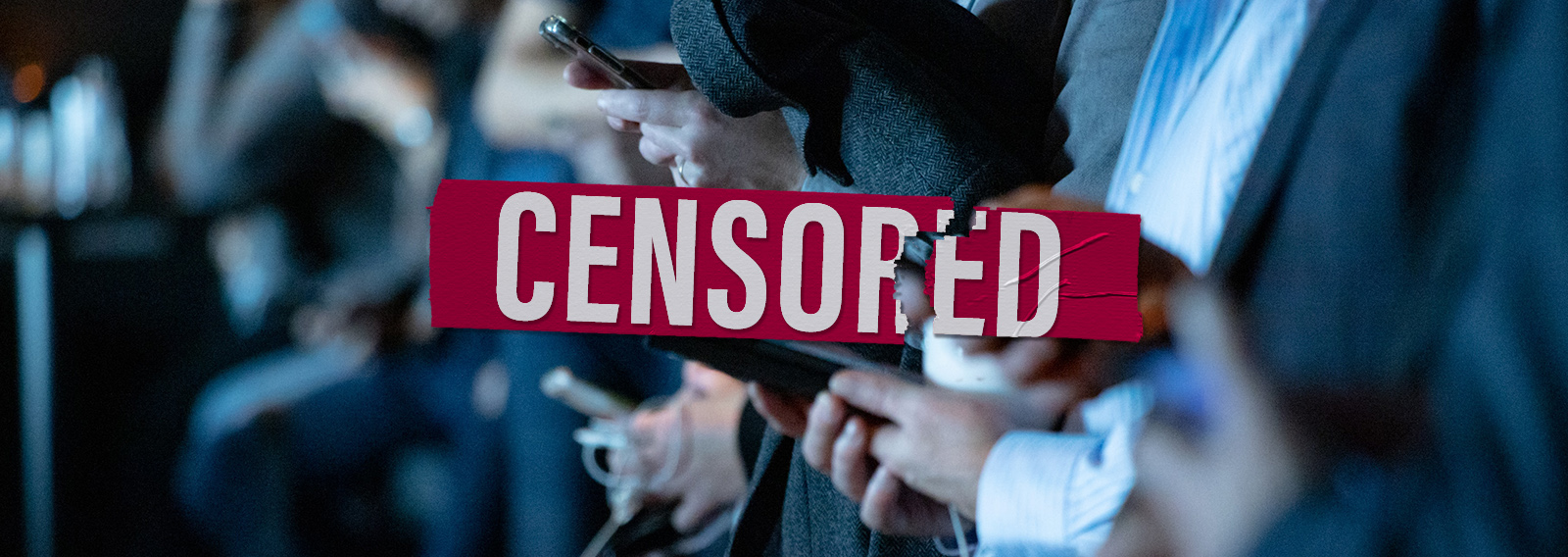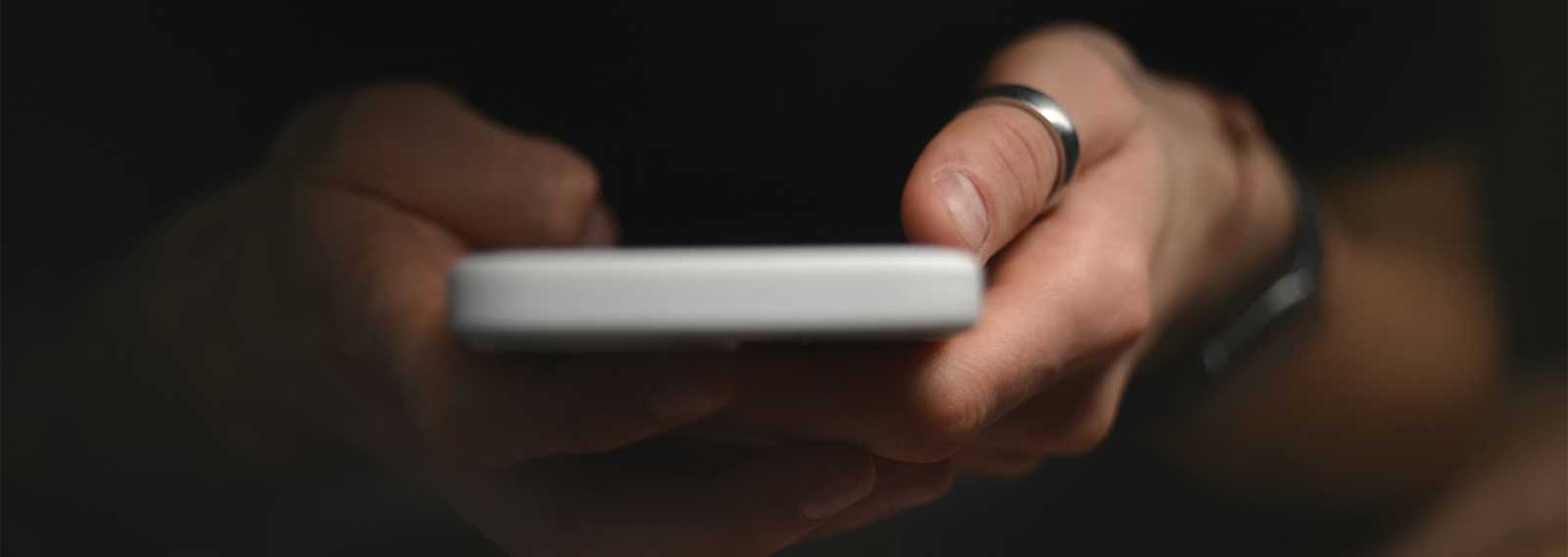On 8th January, Twitter, a social network, announced that it was “permanently suspending” U.S. President Donald Trump’s account.
Other social networks have taken a similarly tough line. For example, Facebook has said that President Trump’s account will be banned for “at least” the remainder of his term in office, which is due to expire on January 20th.
We should not be surprised. Politicians such as the Australian Prime Minister have constantly demanded more social media censorship of so-called “right-wing extremism”.
In March 2019, in a letter to the Chair of the G-20 Summit in Osaka, Japanese Prime Minister Shinzo Abe, Mr. Morrison argued that social media managers should face jail unless they co-operated with stopping their platforms being used to spread “right-wing extremism”.
In a March 2019 interview on the Seven Network program, the Prime Minister also stated:
“If they can write an algorithm to make sure that the ADs they want you to see can appear on your mobile phone, then I’m quite confident they can write an algorithm to screen out hate content on social media platforms”.[1]
Mr. Morrison’s claims are not just absurd. They constitute an egregious form of undemocratic censorship.
Toby Walsh is professor of artificial intelligence at the University of NSW. He explains that the comparison is inappropriate because advertising is quite imprecise. ‘Filtering social media is something what you want to do with much great accuracy’, Professor Walsh said.[2]
Professor Jean Burgess is director of the QUT’s Digital Media Research Centre. She says algorithms “have pretty big limitations”, and noted that “tacking hate speech also comes with … complexities that machine learning is not yet particularly good at dealing with”.[3]
Of course, social media platforms such as YouTube and Facebook are already using algorithms to detect alleged “hate content” which is then reviewed by employees of these organisations.
On 26 March 2019, however, the Prime Minister summoned the representatives of these social media companies (including Google, Facebook, and Twitter) to a meeting in Brisbane. There he outlined a series of draconian measures aimed at forcing them to rapidly remove whatever the government deems to be “abhorrent material”. “We are considering all options to keep Australians safe”, Mr. Morrison said.[4]
By inciting the regulation of speech by social media, the Prime Minister provoked serious censorship in the process. His statements were followed by the social media’s censorship of dissenting opinions. YouTube now employs more than 10,000 reviewers for this, while Facebook employs at least 15,000.[5]
In addition, the Morrison government has passed legislation that could see social media executives in jail and companies fined for failing to take down “abhorrent material expeditiously”. Under this legislation, anyone found guilty of using an online service to “cause offence” could be jailed for up to five years.
These measures are a part of international efforts to suppress freedom of speech online. However, Labor and the Greens enthusiastically backed this egregious assault on democratic rights. Indeed, all the major political parties have proposed measures to stop so-called “hate speech” from being posted on social media outlets.
Of course, much speech that is criticised as “hate speech” by the political elites is no more than a proper response to speech by the culturally privileged groups. They have a particular desire to suppress any form of speech that might constitute a threat to their hegemonic discourse.
Mr. Morrison has even floated the possibility of a ban on all social media live streaming, which would prevent ordinary people from broadcasting significant social and political events and airing their views to a live audience online.
Arguably, live streaming has been used in Australia and internationally to document police arbitrariness and government attacks on pro-freedom protesters and to broadcast popular demonstrations against draconian measures to a global audience.
It goes without saying that if the Prime Minister and other politicians consider themselves superior to everybody else (as being by the nature of their position supposedly better than others), it follows that it automatically becomes “hateful” to criticise them on social media more robustly.
Of course, if we lived in a real democracy then no Australian government would prevent us from freely addressing political and governmental matters, even when such a discussion involved issues that are regarded as “controversial” in the eyes of a small minority of privileged individuals.
Above all, there is one important lesson to be learned from such a drive to instigate all this social media censorship and other authoritarian measures: it undeniably reveals the profound contempt held by the country’s ruling elites for the average Australian citizen.
Dr Augusto Zimmermann is Professor and Head of Law at the Sheridan Institute of Higher Education, Perth/WA. He is also adjunct law professor at The University of Notre Dame Australia (Sydney campus), President of the Western Australian Legal Theory Association (WALTA), and a former Commissioner with the Law Reform Commission of Western Australia (2012-2017).
[1] Eliza Laschon and Setphanie Dalzell, ‘Scott Morrison Wants Crackdown On Social Media Companies After Sharing of Christchurch Shootings Footage’, ABCNews, 19 March 2019, at https://www.abc.net.au/news/2019-03-19/scott-morrison-social-media-companies-christchurch-shootings/10915246
[2] Fact Check, ‘Scott Morrison Said Hate Content on Social Media Could be Automatically Screened Out by Algorithms’, ABC News, 18 April 2019, at https://www.abc.net.au/news/2019-04-18/fact-check-can-algorithms-screen-out-hate-content-social-media/10979770
[3] Ibid.
[4] Andrew Tillet, ‘Social Media Chiefs Face Jail Terms’, Australian Financial Review, 26 March 2019.
[5] Fact Check, above n 2.





















